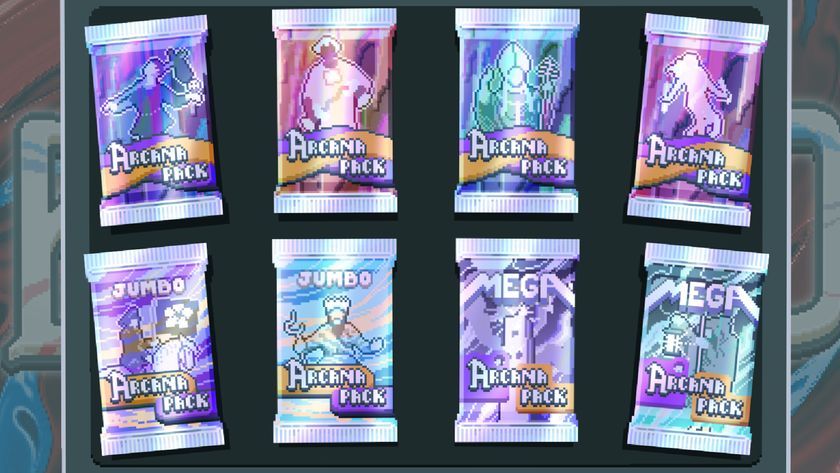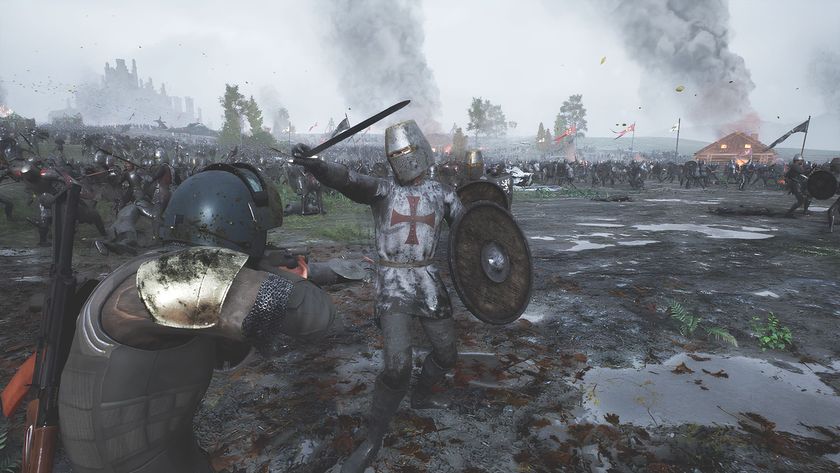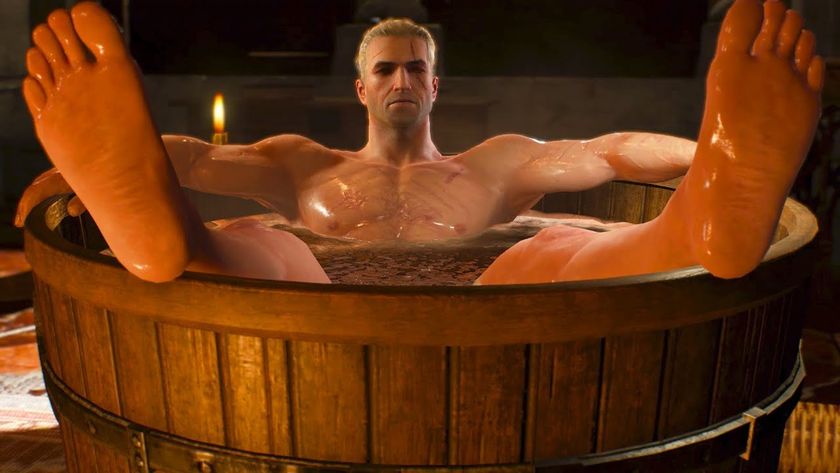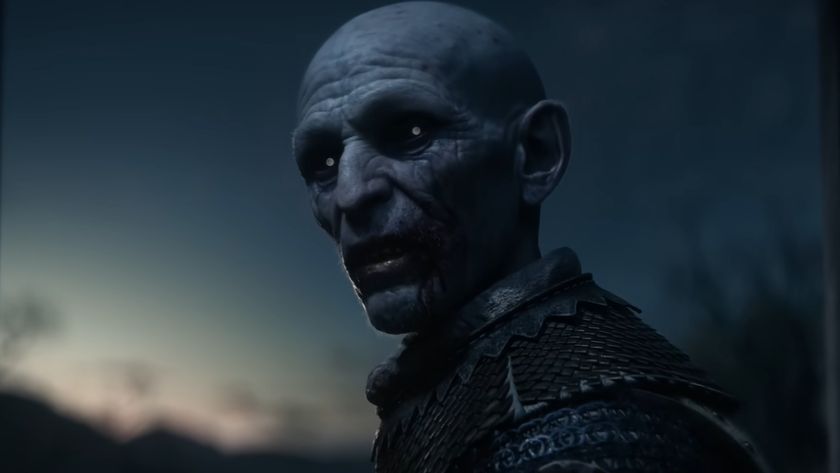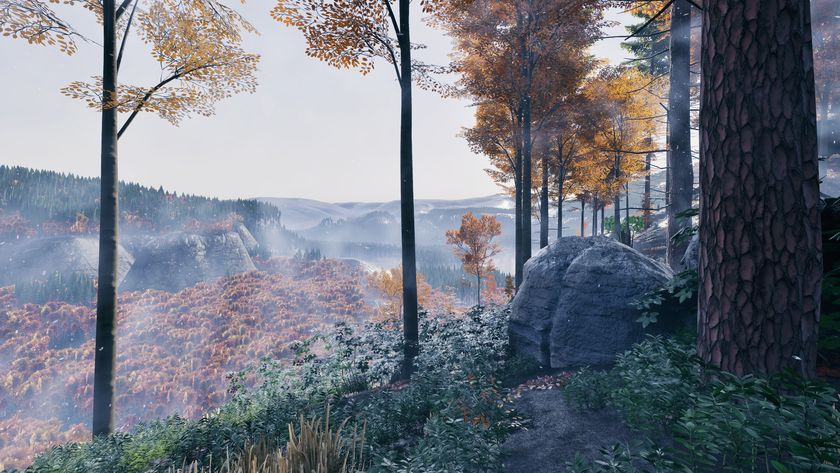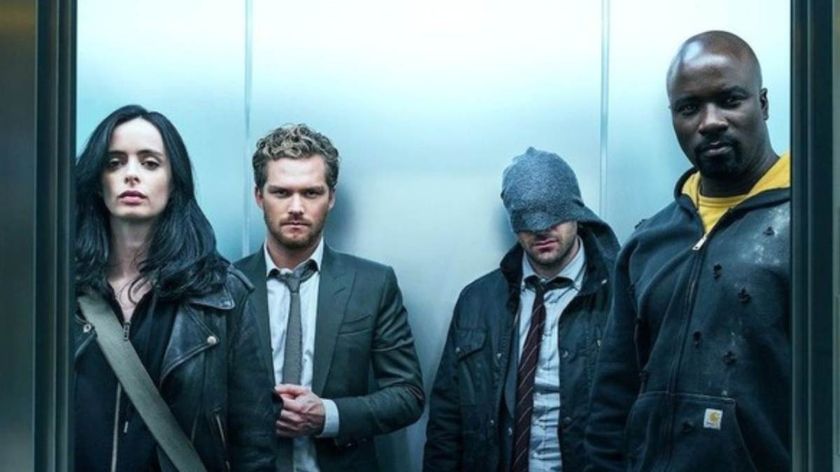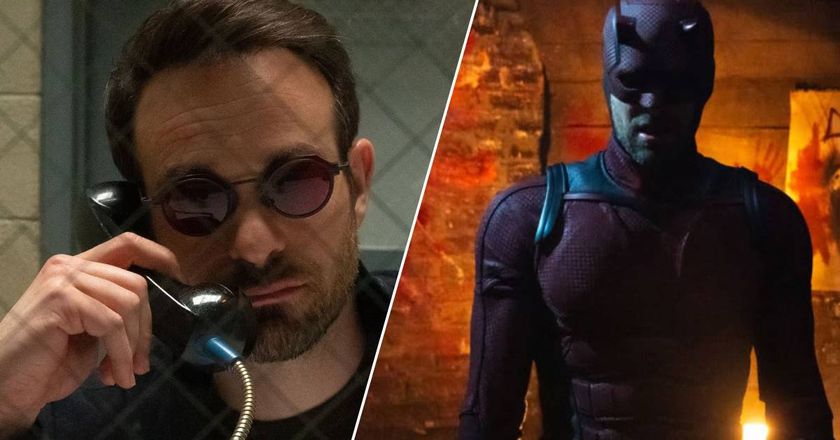Stadia could have games "running faster and feel more responsive" than a console, says Google
Edge goes behind the scenes with Google Stadia to see how it could reinvent the gaming industry
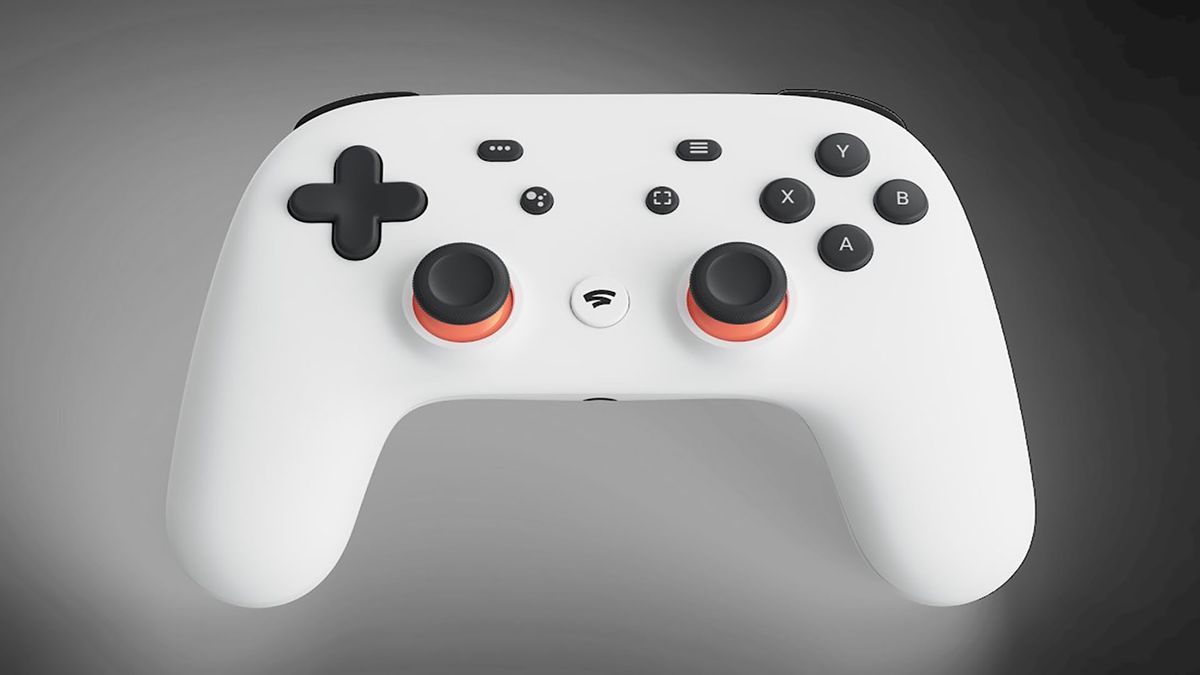
Google Stadia's vice president of engineering has said that Stadia could potentially run games faster than a local machine.
Speaking to Edge magazine in Issue 338, Majd Bakar has said that "in a year or two," Stadia could potentially "have games running faster and feel more responsive in the cloud… regardless of how powerful the local machine is."
Edge's cover feature this month takes a behind-the-scenes look at how Google Stadia is looking to 'transform the entire games industry'. One thing they discovered is how the cloud-based platform will use a new concept known as "Negative Latency" which enables it to set up a game with a buffer of predicated latency between the player and server.
Alongside using a super-fast framerate to predict a player's button pressing ahead of them pressing it, the latency could "help a game feel more responsive" than "a console game running locally at 30fps."
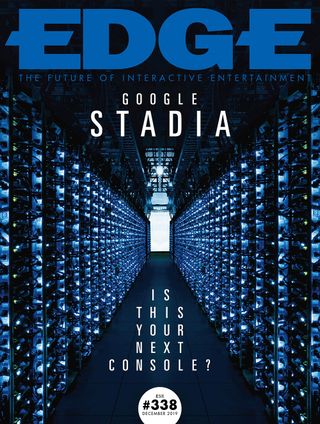
Edge magazine takes an in-depth look at the upcoming launch of Google Stadia and how it could change the game industry. To read all of the latest details about the cloud-based platform, pick up a copy Edge 338 from MyFavouriteMagazines.
The feature also takes a look at how multiplayer is set to be affected by Stadia and cloud gaming.
"[We're past] the old limits of 64 players and the difficult problems of replication and keeping what you're seeing in sync with with what I'm seeing," Stadia's vice president of content Jade Raymond tells Edge, "We're exploring games with thousands and thousands of players at once."
Raymond also goes into detail about how Stadia could potentially open up the current limitations on game worlds. It'll be interesting to see just how or if Google's cloud-based platform will change the way games are played. One thing's for sure, Stadia has the potential to really shake up the games industry in future.
Sign up to the 12DOVE Newsletter
Weekly digests, tales from the communities you love, and more
For more behind-the-scenes features, such as a look at Broken Sword developer Revolution Software, as well as an interview with Telling Lies star Logan Marshall-Green, head to My Favourite Magazines to buy Issue 338 of Edge.

I started out writing for the games section of a student-run website as an undergrad, and continued to write about games in my free time during retail and temp jobs for a number of years. Eventually, I earned an MA in magazine journalism at Cardiff University, and soon after got my first official role in the industry as a content editor for Stuff magazine. After writing about all things tech and games-related, I then did a brief stint as a freelancer before I landed my role as a staff writer here at 12DOVE. Now I get to write features, previews, and reviews, and when I'm not doing that, you can usually find me lost in any one of the Dragon Age or Mass Effect games, tucking into another delightful indie, or drinking far too much tea for my own good.
